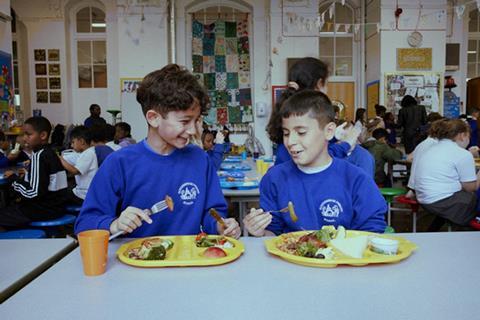As the basic needs of life are unmet for thousands of childre, Faith based leaders are calling on the government to introduce free school meals to Primary Schools

Last weekend Faith leaders participated in a weekend of prayer, amid calls to extend free school meals to primary school children.
The prayer marathon was part of the National Education Union’s No Child Left Behind campaign, and itook place from 23 to 25 June, as part of a wider week of action.
Christian, Muslim, Jewish, and Hindu faith leaders aimed to raise awareness about the increasing levels of hunger in schools and its impact on children.
Prayers were held in churches, synagogues, mosques, and Hindu temples by members of the 240-strong campaigning coalition.
Unlike Scotland and Wales, which have pledged to provide free healthy meals for all primary school children since 2020 and 2021 respectively, England has not made such a commitment.
“families are making choices about heating and eating”
Currently, Free School Meals are universal only for the first three years of school. From Year 3 onwards, strict eligibility criteria based on family income result in millions of children lacking food in school.
Congregations are being encouraged to write to their MPs to support extending Free School Meals to all primary school children.
The prayer action was followed by various activities throughout the week involving teachers, school nurses, and medical professionals.
The week will culminate with an open letter addressed to Prime Minister Rishi Sunak on 29 June. The letter is signed by 36 faith leaders including Anglican and Catholic Bishops; leaders from three Jewish movements; the Muslim Council of Britain; Hindu Council UK; and Baron Singh of Wimbledon on behalf of the Network Of Sikh Organisations.
Speaking to Premier Christian News, Samir Karnik Hinks from the charity ‘Feeding Liverpool’ says the aim is to tackle rising levels of hunger: “We’re hearing stories about families that are making choices about heating and eating, it really is that stark. I talked to a lot of parents who fall outside of the eligibility criteria to receive free school meals. And what they’re saying is that their children are missing out on opportunities at school because they have to pay to provide a lunch or a packed lunch. That means that often they can’t participate in extracurricular activities that their peers might be able to benefit from, and we know that primary school is such a crucial age for child development.”





























